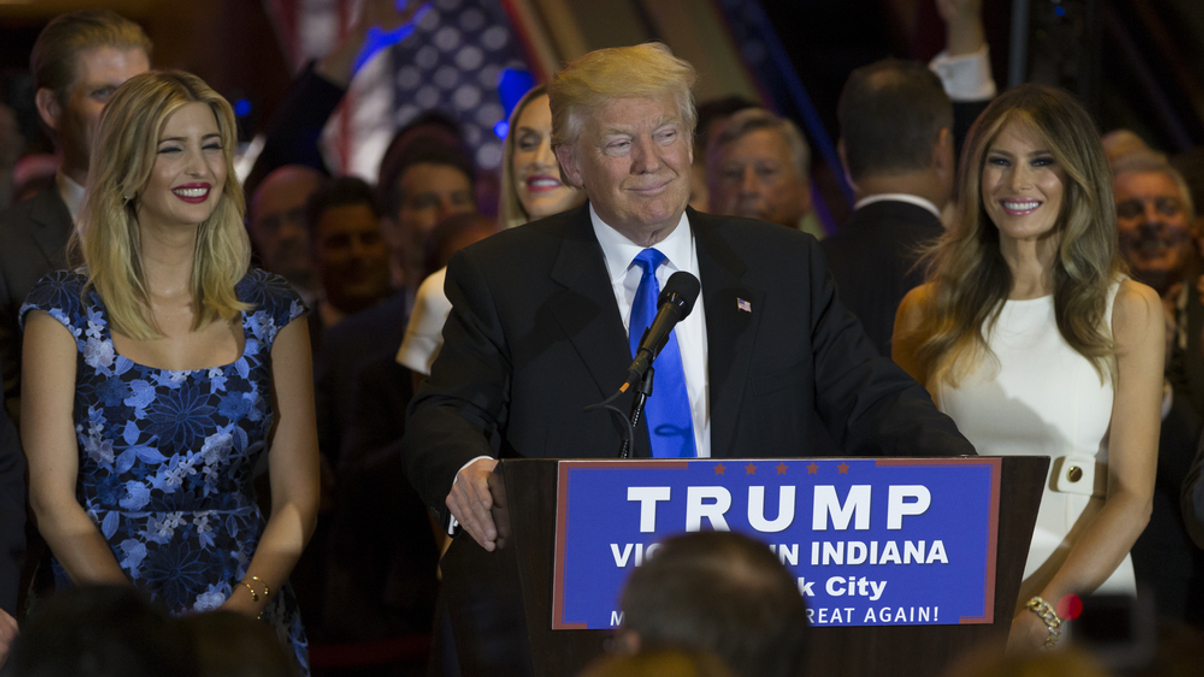How will Trump 2.0 affect Asia's emerging markets?
While China faces renewed pressure under a second Trump term in the White House, structural growth drivers and attractive valuations across Asia may present opportunities.

The prospect of Donald Trump's second stint as US President has sent ripples through Asia's emerging markets, with investors carefully weighing both challenges and opportunities in what could be a dramatically changed investment landscape.
Sign in to read on!
Registered users get 2 free articles in 30 days.
Subscribers have full unlimited access to AsianInvestor
Not signed up? New users get 2 free articles per month, plus a 7-day unlimited free trial.
¬ Haymarket Media Limited. All rights reserved.


